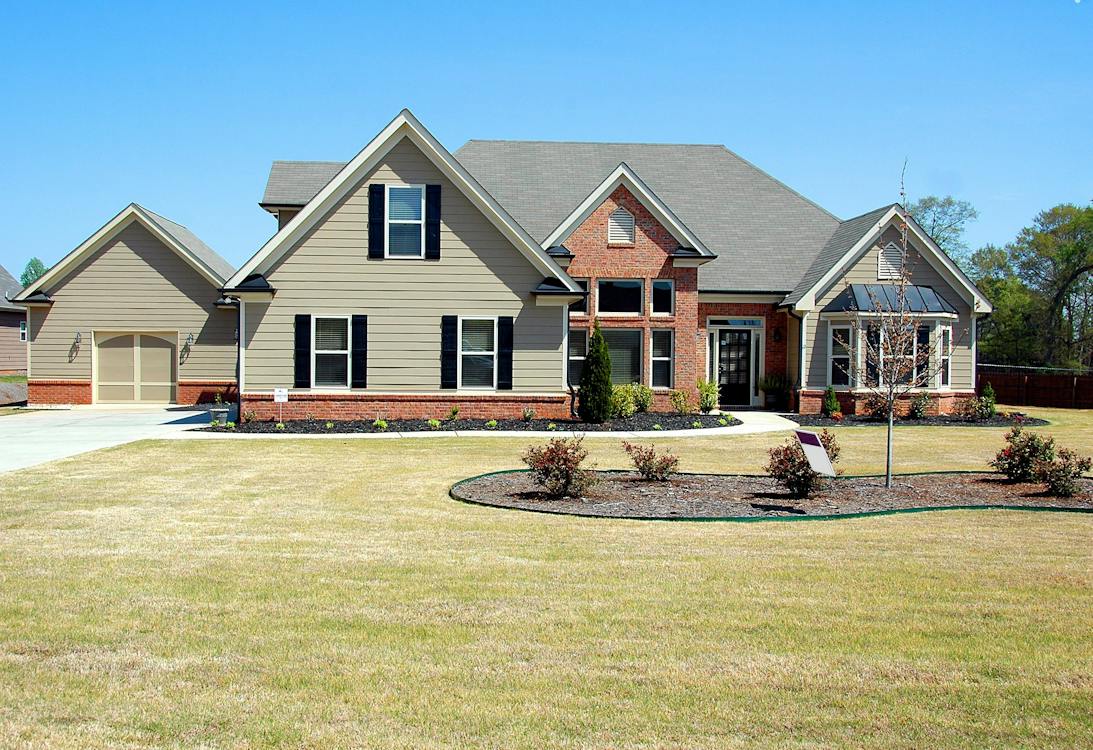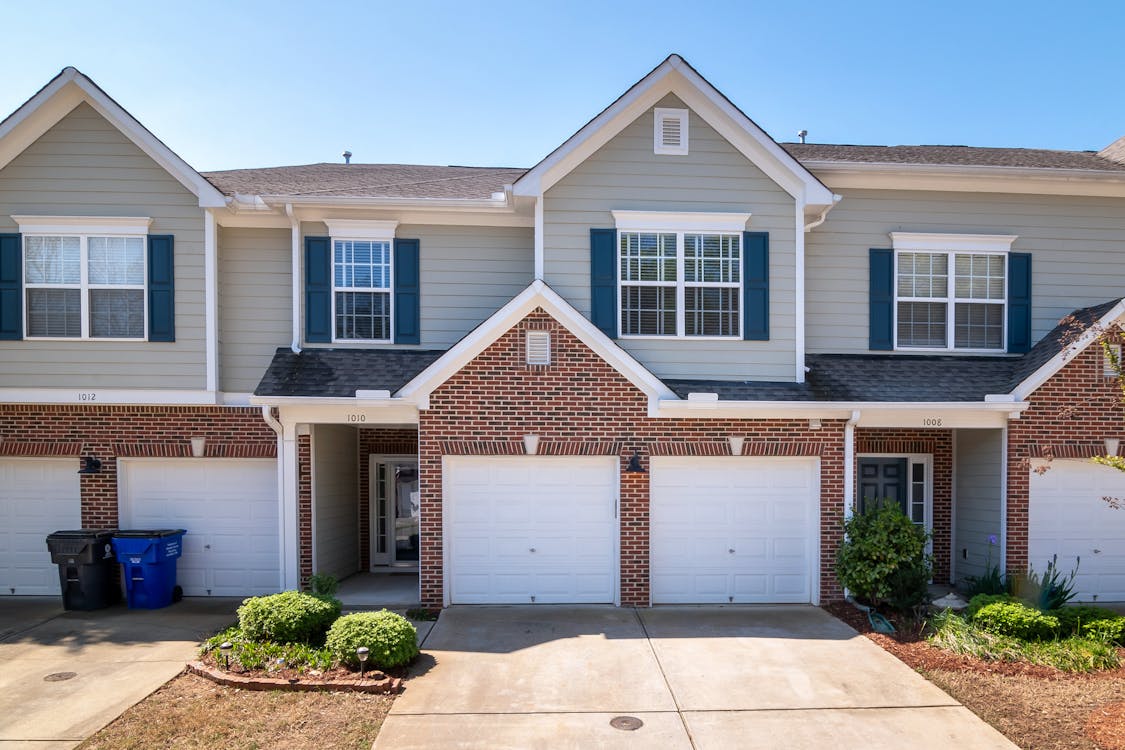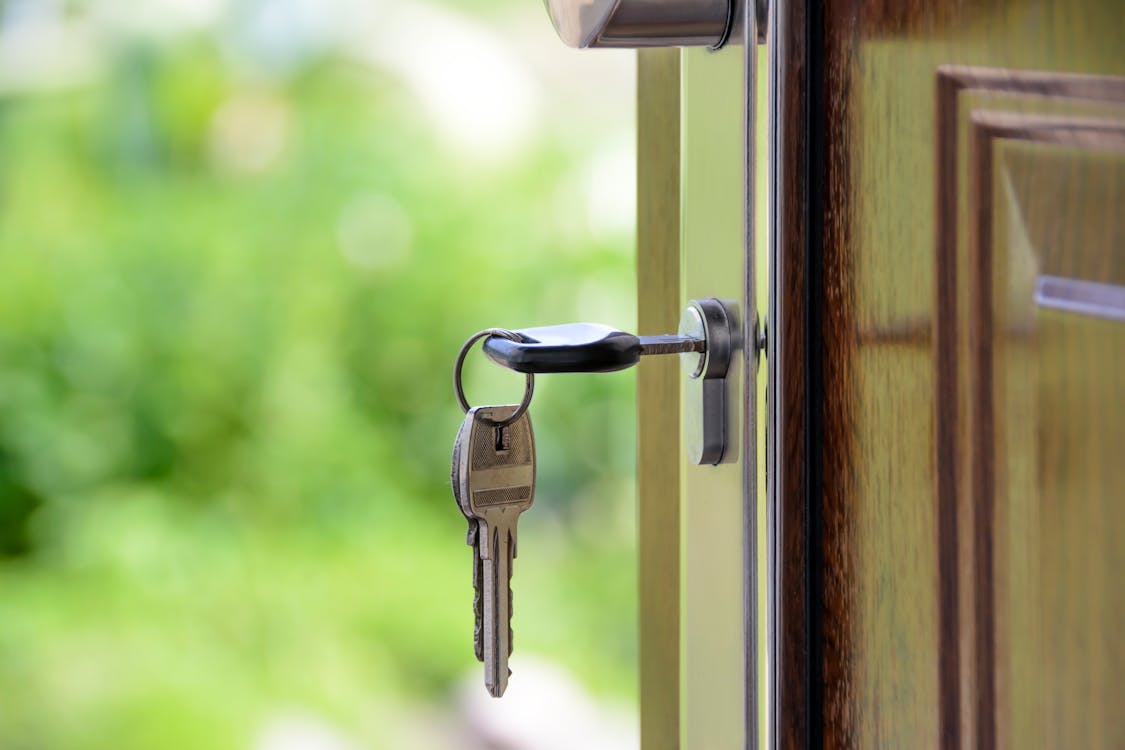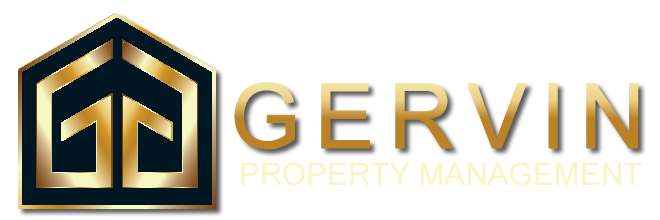For homeowners in New Jersey, a well-managed HOA plays a vital role in fostering a sense of community and maintaining property values. However, navigating the complexities of HOA management can sometimes feel overwhelming.
This blog explores ten essential best practices to ensure effective and harmonious HOA management, brought to you by one of the leading management firms in your state.
1. Communication is Paramount
Open and transparent communication is the cornerstone of successful HOA management. Establishing multiple communication channels is key to reaching all residents. Utilize a combination of email newsletters, website updates, community forums, and bulletin boards to keep residents informed about important matters like upcoming meetings, maintenance schedules, rule changes, and financial reports.
Timeliness is crucial. Provide residents with updates on any issues or concerns in a timely manner. Finally, create avenues for residents to voice their opinions and concerns. Conduct surveys, hold open forums, and establish a system for addressing resident inquiries. By prioritizing two-way communication, you can build trust and foster a sense of community.
2. Foster a Collaborative Board Environment
An HOA board that functions cohesively is crucial for effective management. Define clear roles and responsibilities for each board member to ensure efficient decision-making and avoid confusion. Encourage respectful and professional communication within the board.
Listen to diverse perspectives and work towards collaborative solutions. Regular board meetings are essential to discuss community matters and make informed decisions. Adhere to proper meeting procedures and ensure transparency in decision-making to maintain a productive and unified board.
3. Proactive Maintenance is Key to Preventing Problems
Regular maintenance prevents minor issues from escalating into costly repairs. To prioritize maintenance, create a comprehensive maintenance plan that outlines routine maintenance tasks, preventative measures, and projected timelines for major repairs or replacements. Conduct regular inspections of common areas, amenities, and building infrastructure to identify potential problems early on.
Finally, maintain a healthy reserve fund to cover the costs of major repairs and capital improvements. Conduct reserve fund studies periodically to assess future needs and ensure adequate funding. By taking a proactive approach to maintenance, you can save the HOA money in the long run and avoid disruptions caused by unexpected repairs.

4. Enforcing with Courtesy: Balancing Rules and Relationships
Enforcing HOA rules and regulations is essential for maintaining a harmonious community. However, the approach should be balanced. Ensure HOA rules and regulations are clearly defined, easily accessible to all residents, and enforced consistently and fairly. Prioritize education over punitive measures. Communicate the purpose of rules and guide residents before resorting to enforcement actions.
When addressing violations, do so in a fair and transparent manner. Provide residents with due process and an opportunity to explain their situation. By combining clear communication with a respectful approach to enforcement, you can maintain a positive relationship with residents while upholding the community’s standards.
5. Embrace Conflict Resolution Techniques for Amicable Solutions
Disagreements within a community are inevitable. Here’s how to effectively manage conflict: Encourage open and respectful communication between residents and the HOA board. Utilize mediation techniques to resolve conflicts amicably.
Mediators can help facilitate communication and find mutually agreeable solutions. Seek legal counsel when necessary, especially in complex situations or when legal interpretations of HOA rules are required. By having a plan in place to address conflict resolution, you can minimize disruptions and work towards solutions that benefit the entire community.
6. Leverage Technology for Efficiency: Streamlining Operations
Technology can streamline communication, record-keeping, and overall HOA management. Here are some ways to leverage technology: Develop an online portal for residents to access important documents, pay assessments, submit maintenance requests, and track community news.
Utilize email and online communication platforms for efficient communication with residents. Integrate financial management software to streamline accounting tasks, track expenses, and generate financial reports. By embracing technology, you can save time, improve communication, and enhance the overall efficiency of HOA operations.

7. Prioritize Legal Compliance: Avoiding Pitfalls
Understanding and adhering to relevant New Jersey laws is crucial for HOA management. Familiarize yourself with the New Jersey Civil Code, particularly Title 46, which governs homeowner associations. Seek legal counsel on complex legal matters, such as enforcement actions, covenant interpretations, or amendments to governing documents.
Maintain meticulous records of all HOA activities, including board meeting minutes, financial records, and communication logs. By prioritizing legal compliance, you can avoid costly mistakes and ensure the HOA operates within the bounds of the law.
8. Embrace Continuing Education: Staying Informed
Staying informed about best practices and legal updates is crucial for effective HOA management. Here are some resources: The Community Associations Institute (CAI) offers educational resources, conferences, and workshops designed for HOA board members and property managers.
The New Jersey Chapter of CAI (CAINJ) provides resources and educational opportunities tailored to the specific needs of HOAs in New Jersey. By actively seeking out educational opportunities, HOA boards can stay informed about best practices and ensure they are managing the community effectively.

Building a Thriving Community Together
Effective HOA management fosters a sense of community, protects property values, and ensures a smooth-running living environment for all residents. By implementing the best practices outlined above, HOAs in New Jersey can achieve harmony and success.
Gervin Management, with its extensive experience and commitment to exceptional service, can be your trusted partner in navigating the complexities of HOA management. From financial management and legal compliance to communication strategies and conflict resolution, our expert team offers a comprehensive suite of services tailored to the unique needs of your HOA.
Get in touch with us today to experience the best property management services across NJ!





